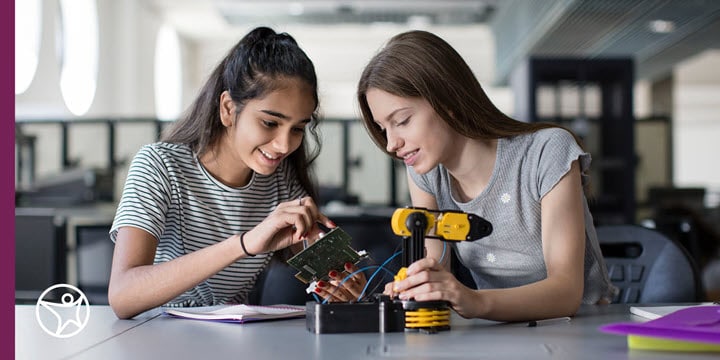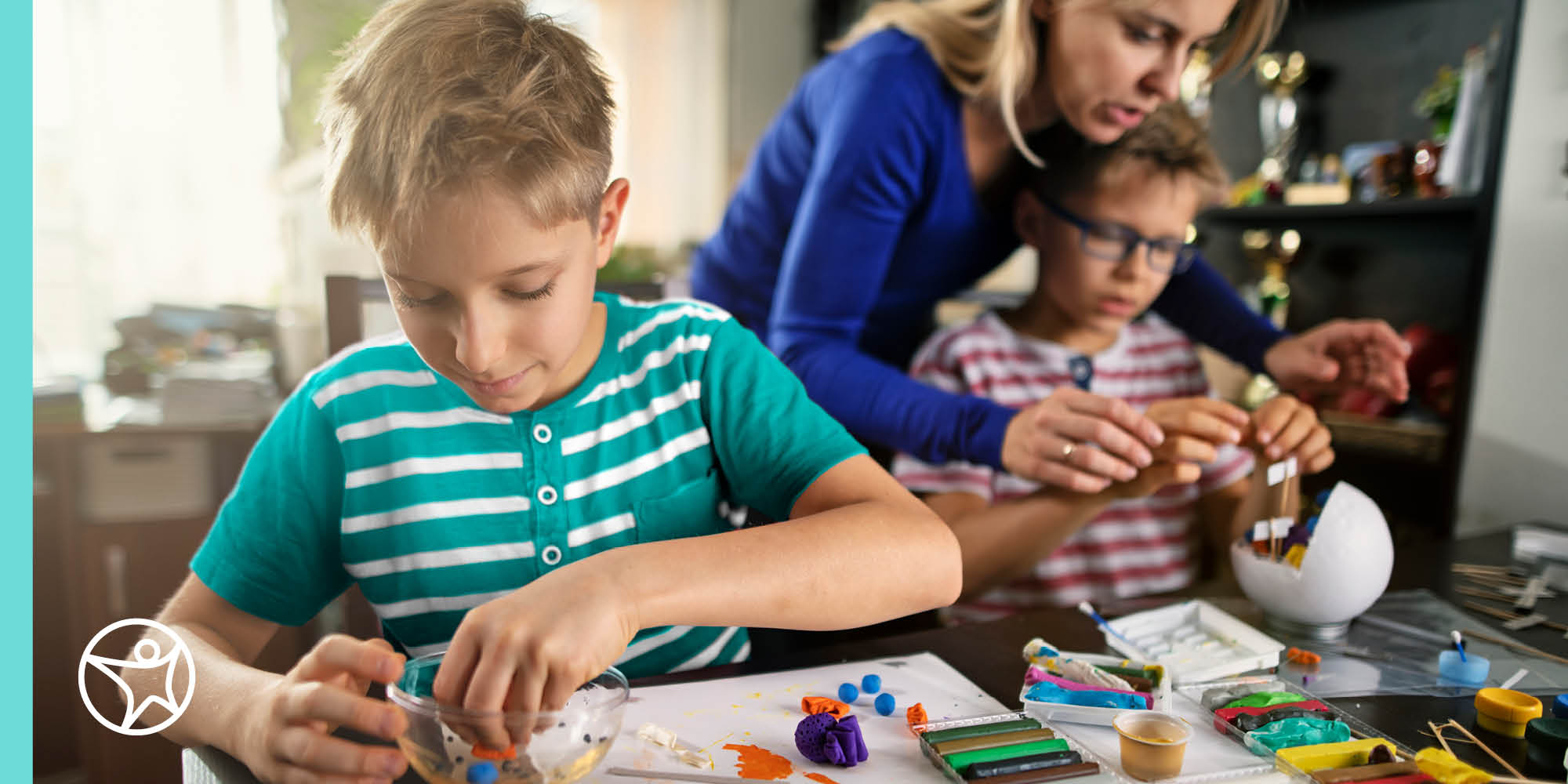Women Changing the World by Making a Difference in STEM
by Valerie Kirk
7 min to read
According to the U.S. Bureau of Labor Statistics, science, technology, engineering, and mathematics (STEM) occupations are expected to grow three times faster than other occupations over the next decade, creating more than half a million new jobs. Occupations specifically associated with computer science are expected to grow by 15%. The jobs and innovations of the future are based in STEM.
Yet, the face of STEM remains male-dominated, with women making up only 27% of the STEM workforce.
Schools across the country and around the world are recognizing the difference women can make in STEM and are developing programs to engage girls in STEM at a young age to spark their interest. As non-profits and colleges create more scholarships for girls in STEM, along with more opportunities for girls to pursue STEM careers, the future of women in STEM is looking brighter.
Every February, the United Nations celebrates the International Day of Women and Girls in Science. To honor the famous women in STEM, along with those who didn’t receive recognition for their groundbreaking work, Connections Academy recognizes these nine women from STEM history, as well as those of the present day, and those who are leading the next generation of women in STEM.
The Pioneering Women in STEM from History
1. Katherine Johnson
2. Lise Meitner
3. Grace Hopper
Women Making a Difference in STEM Today
4. Cynthia Breazeal
5. Sandra Faber
6. Mary-Claire King
The Women Changing the Face of STEM for Tomorrow
7. Sabina London
8. Pooja Chandrashekar
9. Madison Kenney
Get Involved with STEM!
- How to Create Crystals with Common Kitchen Ingredients
- Make Your Own Fossil Science Activity
- Science Experiment for Kids: Musical Water Glasses
- 7 Questions About Stars to Spark Astronomy Activities with Kids
- How to Design a Robot for Teens
- 3 STEM Activities for Your High Schooler to Try



